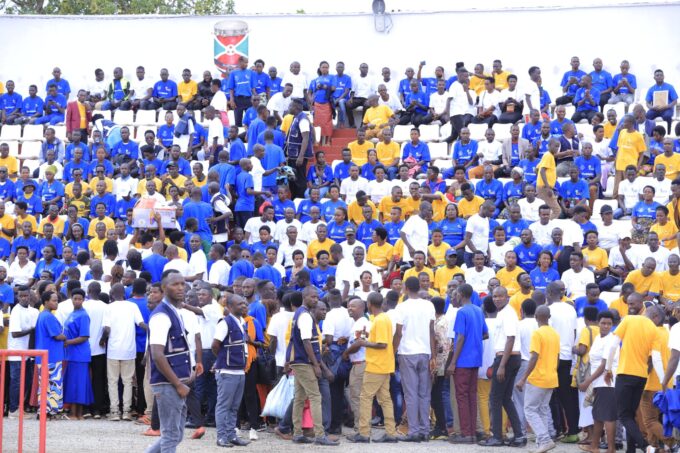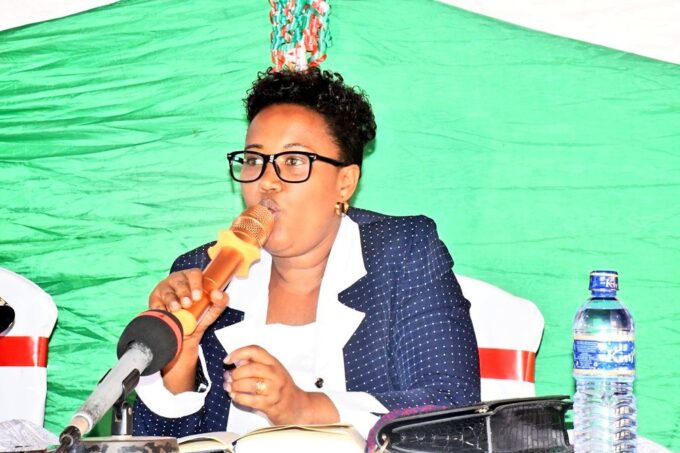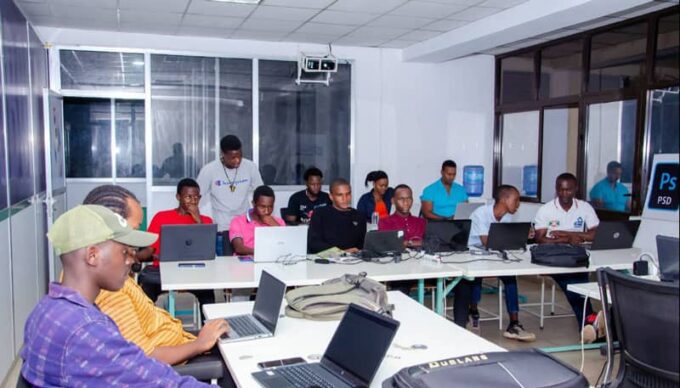The Burundian government has pledged to take concrete steps to resolve persistent internet network difficulties, which have fueled widespread frustration among users. Samuel Muhizi, Director of the Agency for Telecommunications Regulation and Control (ARCT), acknowledged the ongoing challenges and outlined initiatives aimed at addressing them.
Recently, Burundian Minister of Telecommunications Léocadie Ndacayisaba identified several key factors affecting internet speed and reliability, including fuel shortages, irregular electricity supply, outdated telecommunications infrastructure, and limited bandwidth capacity. “These issues have led to service disruptions in several regions, but we are taking all necessary measures to resolve them as quickly as possible,” she said.
In response to growing public outcry, Muhizi reiterated these challenges and assured that telecommunications companies had already begun implementing solutions. “Ongoing work at Lumitel and Econet is focused on resolving outages caused by antenna issues. To mitigate these disruptions, they have installed solar panels to reduce dependence on fuel for power supply,” he said, according to local radio station Isanganiro.
Muhizi further revealed that efforts include the installation of new telecommunications towers in previously underserved areas. “These initiatives aim to enhance network coverage and prevent service saturation,” he added. The beneficiary areas include Kuwinterekwa, Kizombwe, Bihara, and Asiatique, with additional towers planned for various provinces to strengthen nationwide connectivity.
To ensure proper implementation, Muhizi emphasized that monitoring systems have been put in place. “We have developed mechanisms to remotely track project progress when we are not on-site. Additionally, we have tools to oversee different areas and identify potential issues,” he said.
These efforts come amid mounting frustration among internet users. In recent days, Noël Nkurunziza, Secretary-General and spokesperson of the Burundian Consumers Association (ABUCO), strongly criticized telecommunications providers for failing to deliver reliable services despite continued consumer payments. He also stressed that poor connectivity hinders both individual economic activities and the country’s broader development.
“ABUCO has been monitoring the challenges consumers face when trying to exchange information via mobile phones. These include difficulties in making calls, sending instant messages, and ensuring messages reach their recipients on time. In some cases, calls fail entirely, even though users have paid for the service,” Nkurunziza stated.
Meanwhile, the ARCT boss reassured the public that several projects are underway, including network expansion efforts such as improving 2G services for voice calls and enhancing 4G infrastructure for internet access. He confirmed that the necessary equipment for these improvements is available and that implementation is ongoing.
Despite government assurances, public skepticism remains high regarding how quickly and effectively these issues will be addressed.
In recent discussions, telecommunications companies expressed increasing frustration over structural challenges—particularly the worsening shortage of foreign currency and fuel—which they cite as major obstacles to providing consistent services. These concerns were raised during a high-level meeting held in Bujumbura late in January, chaired by Minister of Interior, Community Development, and Public Security Martin Niteretse, alongside Minister of Communication Léocadie Ndacayisaba and other key government officials.








Leave a comment